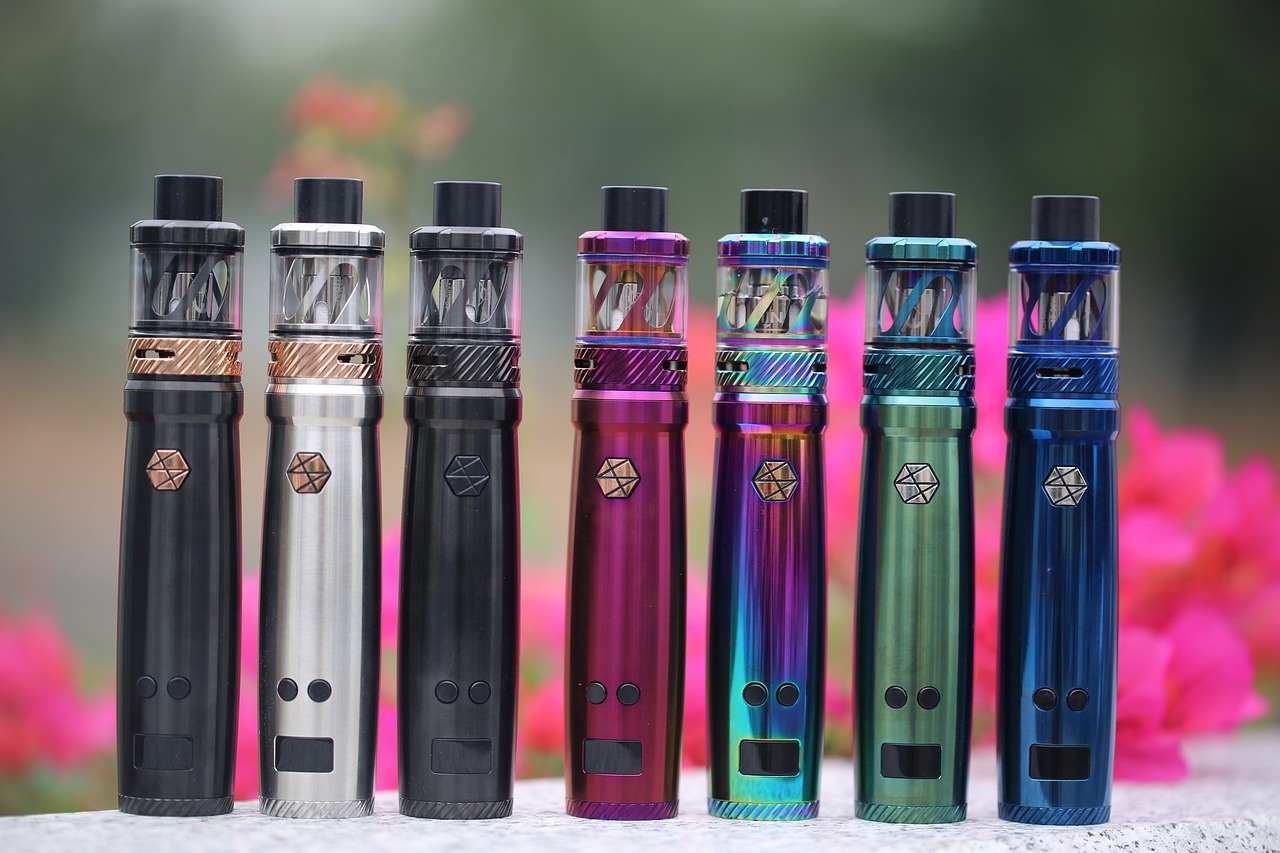During the Southeast Utah Health Department (SEUHD) Board of Health meeting that was hosted on Tuesday evening, Jill Parker of the Utah Association of Local Health Departments joined virtually to present a legislative update.
SEUHD Health Officer Brady Bradford introduced Parker, stating that she is the Executive Director and in her time serving, she has done some incredible things. Parker then thanked the board for her opportunity to take a few minutes and speak. Parker has been in local public health for 28 years, part of the association for six and just completed her sixth year of the session on the hill.
Parker explained that the association serves all 13 local health departments that cover 29 counties. She said that her job gives her a wonderful opportunity to be able to travel the state and see the uniqueness and the diversities. In terms of the legislative session, she stated that a huge number of bills were filed before the session and quite a few were passed. “45 days of wild this year,” Parker stated.
Parker explained that sometimes the softer issues are taken at the front of session and the rougher issues are left toward the end. However, this year, all were big. About 30 bills were followed by Parker this session, and she began with House Bill 128, which was Thomas Peterson’s bill.
The youth have been able to access coaching or help easily through the SafeUT app if they have suicidal thoughts. It can also be accessed for drug and alcohol resources. However, if the youth wished to connect to the statewide quit line, they had to have parental consent.
This was something that they were able to work on, as this issue came to Rep. Peterson from an individual in a youth group in Box Elder County. The bill was passed to ensure a better connection.
Next, Parker emphasized that the vast majority of time and effort is put toward prohibiting tobacco access to local youth. Senator Jennifer Plumb ran Senate Bill 61, which ultimately did three things. Health departments are responsible for all compliance checks, such as underage buys and retail compliance checks.
Fruity and tasty vape flavors have been restricted to retail tobacco stores, though kids are still getting their hands on them. Schools reported that students were matching their body spray to the flavor of vape they were using in order to mask it.
Effective June 1 of this year, the bill banned all flavors of nicotine products and the only flavors that will be legal in the state of Utah will be tobacco and menthol flavor. The other thing this bill does is requires a registry, which requires every product that comes in to meet a certain criteria. Parker explained that during those retail inspections, departments would be able to scan a product and it would ideally show on the register.
The third thing this bill accomplished was moving nicotine levels from 3% to 4%. Again, reducing access to youth as they are the ones that primarily utilize the unique flavors. Finally, Parker talked briefly about House Bill 405.
This bill defines terms and modifies when the Department of Health and Human Services and a local health department may invoke an order of restriction. It also repeals an exception for medical students related to vaccination and face covering requirements implemented by an institution of higher education.
Concluding her presentation, a Board of Health member thanked Parker for all the time she has spent campaigning for the various health departments throughout the state.


